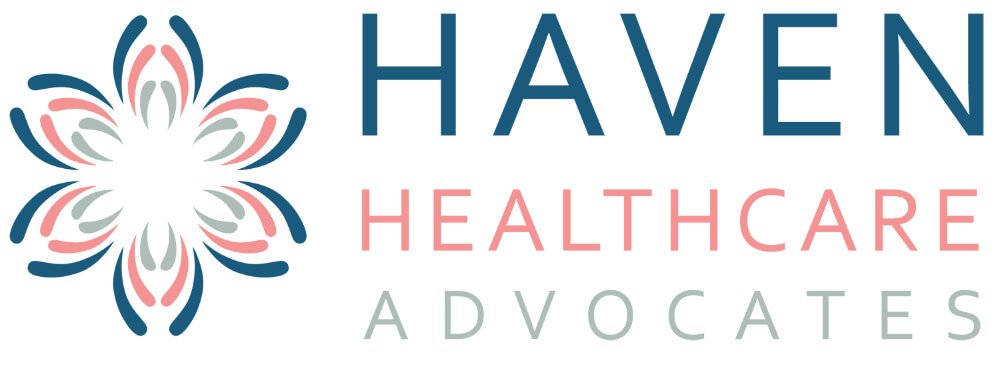How an Advocate Can Help When You Live Far from Your Aging Parents
I know how difficult it can be to care for aging parents when you do not live near them. My spry 79-year-old mom lives a thousand miles away from me. In a casual conversation one day last winter she mentioned that she was having trouble cleaning her living room floor. She said she had been trying for several weeks to clean up the salt that EMS had drug in. Now, I realize cleaning is her favorite past time and not being able to get the floors clean would cause her some strife, but did she just say EMS? Uh, mom, why was EMS in your living room? What she conveniently left out of the conversation is that she thought she might be having a heart attack, so she called 911 and they took her to the hospital. I am happy to report all is fine and the floors are now clean. I understand that living far from an aging parent is not easy; add in a health scare and it gets even more difficult.
What can you do to help manage care when you cannot be there? Hiring an independent healthcare advocate is a great option. An independent healthcare advocate, sometimes referred to as a patient advocate, works on your loved one’s behalf to make sure they are receiving the best possible care.
Coordinate Care
As our parents age their medical care can become quite complex and require multiple specialists. An advocate will coordinate care among all providers. They can make phone calls, track paperwork, and set up appointments. They can manage transitions between home, hospital, and rehab as needed. They can review medications and interactions. They have medical knowledge and can accompany your loved one to key doctor appointments and follow up on care. They understand the healthcare system and can often work more efficiently.
Resource
An advocate is a great resource. An advocate can research providers and treatments and discuss options with you in a language that makes sense to you (not medical jargon). They can identify community resources and support systems that could benefit you or your loved one. They can refer you to resources such as home care, companion care, therapies, legal and financial. An advocate will not diagnose, prescribe, nor give medical advice; however, they are readily available and can often answer questions regarding care and treatment.
Communication
One of the most important benefits a healthcare advocate provides is communication. An advocate will keep you updated on your loved one’s care and wellbeing. At Haven, we offer a HIPAA secure portal. If a family member is granted permission, they can see care management notes, current medication lists, provider contact information, an updated appointment calendar as well as any outside medical records that have been requested. If a loved one requires unexpected or emergent care an advocate is close by and can answer questions, help guide care and update family. Sometimes communication between family and providers breaks down. An advocate will take emotion out of the conversation and is often able to facilitate a more effective discussion. Finally, advocates are impartial third parties and can mediate difficult discussions when family members need more information to make care decisions or cannot agree on care or treatment.
We cannot be everywhere and do everything. Having a medical professional oversee and coordinate care for an aging loved one, especially when you do not live close, can give you peace of mind. When you live far from aging parents time is precious. When you get the chance, spend time together enjoying the company, not worrying about their care.

